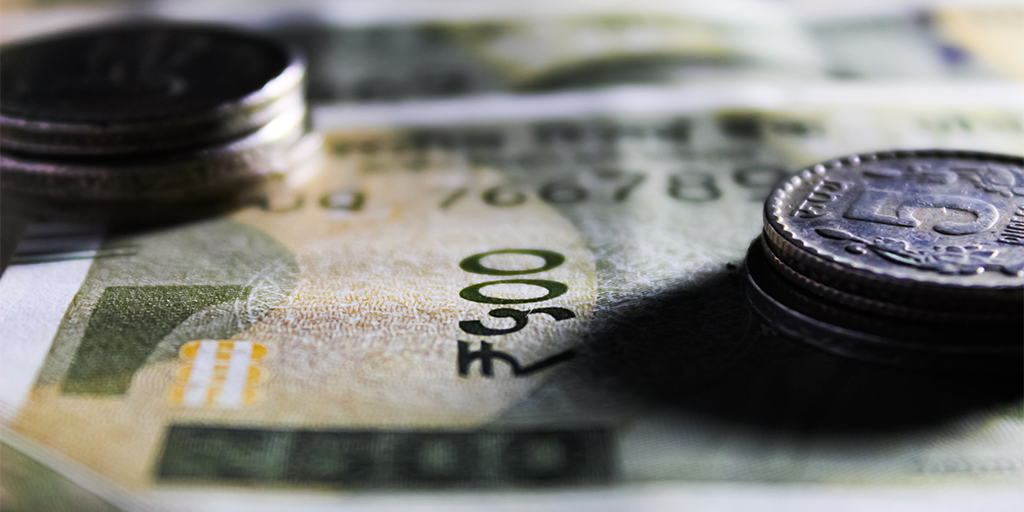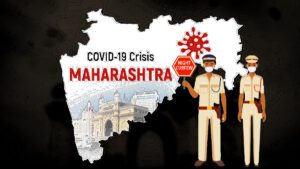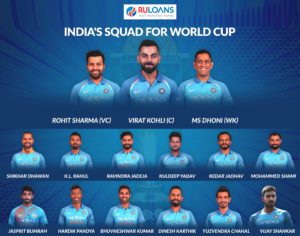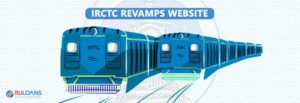Repo rate revisions have often been a strategy for RBI to reduce inflation. After a surprise hike in May, the RBI voted unanimously on 8th June 2022 to further increase the benchmark policy rate by 50 basis points. This, in turn, has changed the current repo rate in India to 4.90 percent.
Repo rates in India have come to define the availability of cash flow in the economy. The repo rate establishes the interest rate at which banks and NBFCs are lent short-term funds by the RBI, and there is certain to be an impact of the fed rate on the Indian market. This increase in repo rate is sure to impact the rate at which these institutions lend money, therefore pushing the rates of home loans, auto loans, and other customer offerings higher.
A Response To Inflation
From February to April 2022, there was an increase of about 170 basis points in headline inflation. There was certain to be a response to this worrying trend, and prudent monetary policies were expected to contain inflation’s impact on the economy. However, while the economy shall align in the long run, this revision in rates will have an immediate short-term effect on banks and NBFCs.
Bank Rate Vs Repo Rate: An Interconnected Relationship
With the RBI hiking the repo rate to 4.9% as an attempt to reduce inflation, banks and NBFCs have been put in a position where they must raise their loan rates. In fact, some banks had already raised their marginal cost of funds-based rate (MCLR) before the RBI’s announcement.
This correlation between repo rates and loan rates is linked to an October 2019 circular from RBI, which caused banks to link their retail loans to external benchmark lending rates (EBLR). Therefore, most banking institutions made the repo rate their benchmark. As banking institutions borrow money from the RBI at the repo rate provided, hikes in this rate will impact banks’ lending rates.
The Ripples Of A Sudden Hike
NBFCs, too, will struggle with the sudden rate hike by the RBI as it will inevitably cause a disproportionate hike in their borrowing rates. NBFCs have already expressed fear that incremental bank funding will become expensive, and similar hikes in the future could lead to credit quality deterioration for weak borrowers.
Institutions like ICICI Bank, Bank of Baroda, and Bank of India have already raised the interest rates on new loans by 40 basis points. Inevitably, almost all banks will pass on the entire repo rate increase to customers who had availed of loans linked to external benchmarks. When it comes to MCLR and fixed-rate loans, it will be the asset-liability committees that will determine the scale of the hike.
Borrowers Shall Struggle
As a byproduct of its attempt to curb inflation, the repo rate hike is certain to cause an increase in EMIs on home, personal, vehicle, and corporate loans. This hike in EMI, along with any increases in the near future, will affect the cash flow of the borrowers, limiting their spending power as inflation worsens.
Inevitably, the additional expenses forced on banks and NBFCs will be pushed onto borrowers, restricting cash flow in the economy.
A Roadblock On The Road To Recovery
For any industry to function in a sustainable manner, there is a necessity for the economy to grow steadily and inclusively. The regulatory bodies in India have taken these measures to curb inflation and control liquidity circulation in the economy.
Any further increase in the interest rate down the line will further impact banks and NBFCs, causing a rise in the cost of doing business. As the economy still recovers from the pandemic, the question is whether borrowers and consumers can afford the restrictions on their cash flow.
Ruloans Distribution Services Private Limited (RDSPL), popularly known as Ruloans happens to be one of the leading Loan DSA Businesses in the market today, and continues to grow professionally with functional financial experts. Having partnered with more than 150 banks and NBFCs, the company has a presence in more than 1600 cities across India. Recognized as a one-stop-shop for all your financial needs, Ruloans disburses approximately Rs. 1900 to Rs. 2000 crores per month, pan-India.









